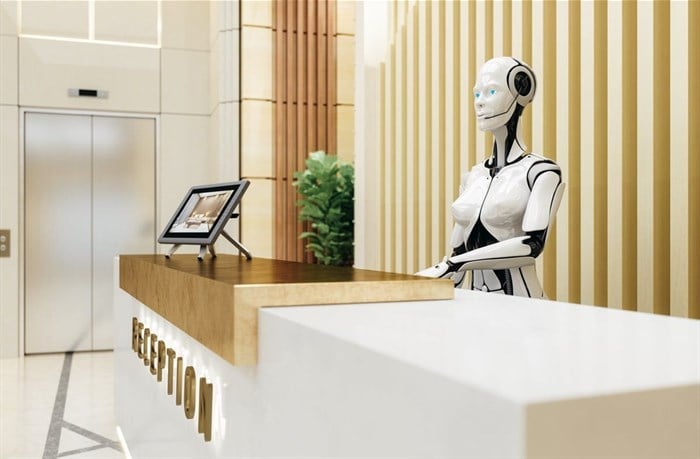
Top stories






More news




ESG & Sustainability
#AGES2026: How to back Africa's next-gen green and blue entrepreneurs















Soares says: "By enabling the rapid processing or understanding of user data, AI helps us provide a more personal touch without inundating staff with work. It will help hotels reduce the amount of rudimental work our staff has to do thus freeing them up for other work."
AI can optimise back-end operations such as inventory management, supply chain logistics, and reservation systems. By leveraging machine learning algorithms, AI can analyse large volumes of data, leading to improved efficiency, cost reduction, and enhanced guest experiences.
Soares says: "One of the big tasks we are involved in is building out a platform that enables various parts of our business to seamlessly ‘talk’ to one another in real-time. AI can then interpret that information and we can use the data to glean insights that influence our business strategy.”
By leaving AI-powered systems to automate repetitive tasks, companies can free up human resources to focus on more creative and complex tasks.
One of the greatest strengths of AI lies in its ability to analyse guest preferences and behaviours, says Soares, adding that with the aid of AI-driven chatbots and virtual assistants, hotels and restaurants can provide personalised recommendations, concierge services, and real-time assistance. By leveraging AI, businesses can enhance guest satisfaction, improve customer loyalty, and create memorable experiences that cater to individual needs.
"In this industry customer satisfaction is everything and with this technology, we can quickly respond to client queries, both in and out of business hours. AI-powered booking engines also utilise AI to predict the products or rooms it sells or promotes to specific users, based on patterns it defines from consumption and market data," says Soares.
As AI takes over mundane tasks, there will be a growing need to reskill and upskill the workforce, continues Soares. "This gives hospitality professionals a chance to embrace continuous learning to stay ahead of the curve.
"By acquiring knowledge in AI-related fields, such as data analysis, programming, and user experience design, individuals can adapt to new roles and harness the transformative potential of AI. Organisations that invest in training programs to support their staff, stand to reap huge benefits in the future.
"The rapid advancement of AI technology promises to reshape the hospitality industry in profound ways. While some jobs may undergo transformations or become automated, the emergence of AI also presents a host of new opportunities for professionals who adapt and embrace the evolving landscape. Embracing the AI revolution is not a threat, it’s an invitation to transform and thrive," concludes Soares.